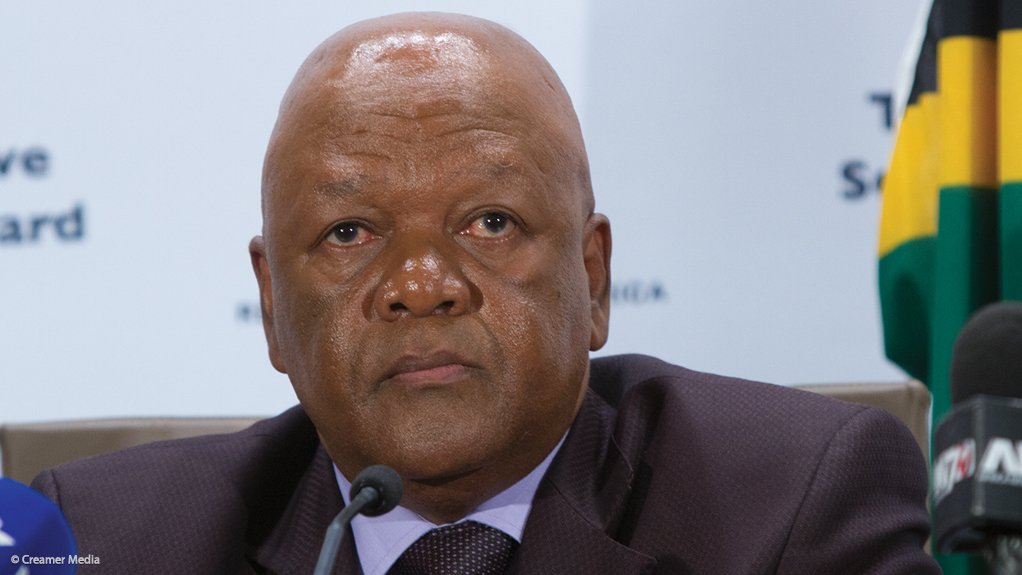Minister in The Presidency Jeff Radebe confirmed that the Department of Performance Monitoring and Evaluation (DPME) would finalise a ‘Budget Priorities’ paper by the end of May in a bid to improve alignment between the 2018 Budget and the National Development Plan (NDP).
The paper, which will be presented at the mid-year Cabinet Lekgotla, could also be used to guide resource-allocation decisions in the context of rising budgetary demands, weak economic and revenue growth, as well as a commitment to fiscal consolidation.
However, Radebe insists the document will not usurp the country’s well-established and highly-respected Budgeting processes, or the National Treasury’s overall authority in determining how funds should be allocated. Instead, it would ensure the priorities identified in the NDP – which he described as the implementation plan for radical economic transformation – were properly reflected in government’s expenditure plans.
Nevertheless, the Minister acknowledged that the intervention did represent a significant “Budget reform”, with the Budget process, in future, to comprise two parts. Firstly, a prioritisation process led by the DPME and The Presidency, culminating in the compilation of a ‘mandate paper’ outlining the priorities for the coming fiscal year. And secondly, the standard allocation process led by the National Treasury, in consultation with departments.
“But the two processes are not mutually exclusive and there will be collaboration between DPME and the National Treasury in setting out these priorities. But DPME plays a leading role,” he said.
SIGNIFICANT POLICY SHIFT
DPME acting director-general Tshediso Matona described it as a “significant” and “historical” policy shift for government.
“Previously, all of those decisions around priorities and around magnitudes of allocations were the prerogative of the National Treasury. But in a context where resources have become more constrained . . . decisions as to what does get funded become much more important and the process around taking those decisions has, therefore, also become much more important. In that context Cabinet decided that, before dealing with the specific allocations, let’s have a rigorous engagement on the priorities,” Matona explained during a briefing at the Union Buildings, in Pretoria.
An inaugural mandate paper had been prepared in 2016, but had not been fully aligned with the Budget process. In 2017, a more “methodical” approach would be adopted to ensure that the document was finalised ahead of the start of the Budget-setting process in June.
DPME sector expert John Kruger stressed that the document was “very much at the front-end” for the Budget process, which would still be managed by the National Treasury and overseen by the Ministers' Committee on the Budget.
The idea, Kruger said, was to identify priorities in the “current context”, which could help shape expenditure choices, while identifying opportunities for savings and raising efficiency levels. “The paper will, therefore, offer broad recommendations about focus areas for savings, about priority spending areas and about key sector decisions.”
EMAIL THIS ARTICLE SAVE THIS ARTICLE ARTICLE ENQUIRY
To subscribe email subscriptions@creamermedia.co.za or click here
To advertise email advertising@creamermedia.co.za or click here











